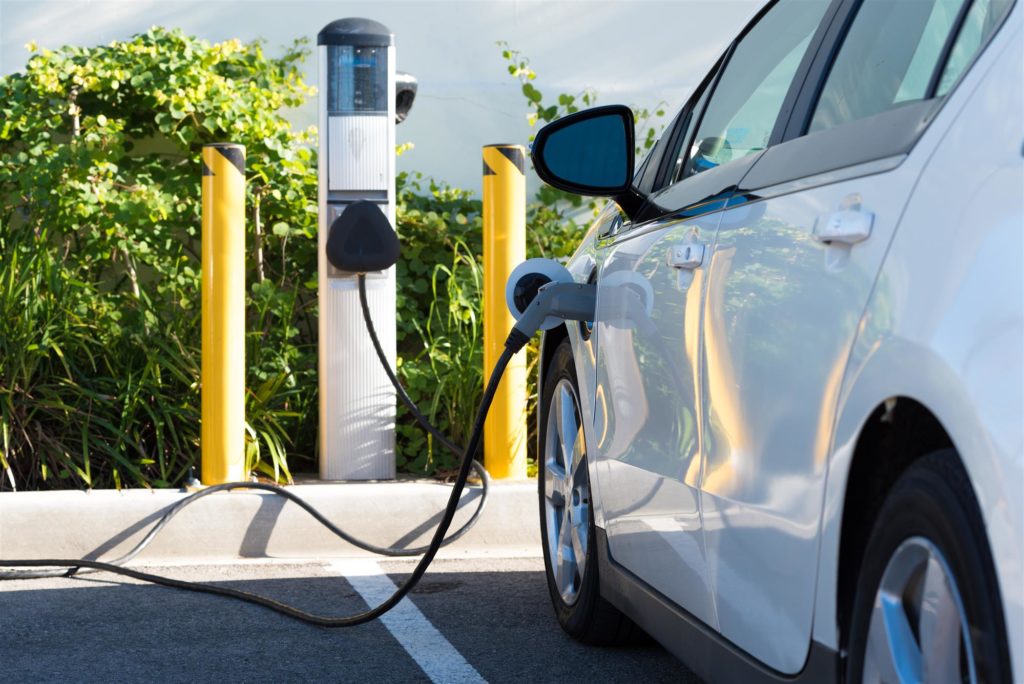CMED acquires electric cars
Zimbabwe is starting to embrace electric cars with the Government, through the Central Mechanical Equipment Department (CMED) buying six electric vehicles from a Chinese company.
Some of the cars are now being used at its driving school, EasyGo, and the rest as shuttle cars at the Robert Gabriel Mugabe International Airport.
The vehicles, and the charging infrastructure now based at the CMED Harare depot, were bought by the CMED from BYD Company, which produces cars, buses, trucks, electric bicycles, forklifts and rechargeable batteries. CMED managing director Mr Davison Mhaka has since presented the cars to Transport and Infrastructural Development
Minister Felix Mhona and there are plans to buy more electric cars.
Mr Mhaka said using electric vehicles has a number of advantages, including that they are environmentally friendly, electricity is a renewable resource unlike petrol or diesel, they are less expensive and require less maintenance and are quieter than internal combustion engines.
The BYD e6 is an all-electric compact crossover/compact multi-purpose vehicle manufactured by BYD from 2009.
Field testing for the first generation model began in China in May 2010 with 40 units operating as taxis in the city of Shenzhen.
Sales to the general public began in Shenzhen in October 2011, over two years behind schedule of the originally planned release date of 2009.
By September 2009, a number of BYD e6 units were operating in fleet service as taxis in China, Indonesia, Colombia, Belgium, the US (New York and Chicago), the Netherlands, and the United Kingdom.
Since 2010, sales in China totalled 34 862 units through December 2016. The BYD e6 ranked as the best-selling pure electric car in China in 2016 and won a golden medal for “Best Quality Product” at the Havana International Fair 2015.
Electric vehicles are likely to take over from petroleum-fuelled vehicles across the world over the next two decades, a move partly driven by their own advantages and partly by the need for major reductions in carbon emissions globally. Internal combustion engines are not very efficient, while electric motors and electric power stations are. Even if the
electricity is generated from fossil fuels, there is a dramatic cut in carbon emissions and as more and more electricity comes from green sources such as hydro-power, solar and wind, the carbon footprint from transport continues to be slashed.
The rise of the lithium ion battery, now used in many consumer electronics such as mobile phones and laptops, has finally provided a viable battery for electric vehicles. The global switch-over to electric cars will benefit Zimbabwe directly, since the country has abundant lithium ore deposits.
A pilot plant at Arcadia Lithium Mine near Harare was commissioned in January and if all goes well, Zimbabwe could become could become a major global supplier of lithium.
Australia-listed Prospect Resources, which secured a long-term off-take partner for Arcadia with Sibelco of Belgium, has been moving forward with its mining venture that will see high grade lithium ore from Zimbabwe competing on world markets.
Demand for lithium is growing fast and as the world switches to electric cars, lithium consumption will grow exceptionally as the metal is the principal raw material for modern batteries.-herald.cl.zw










